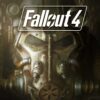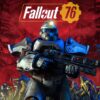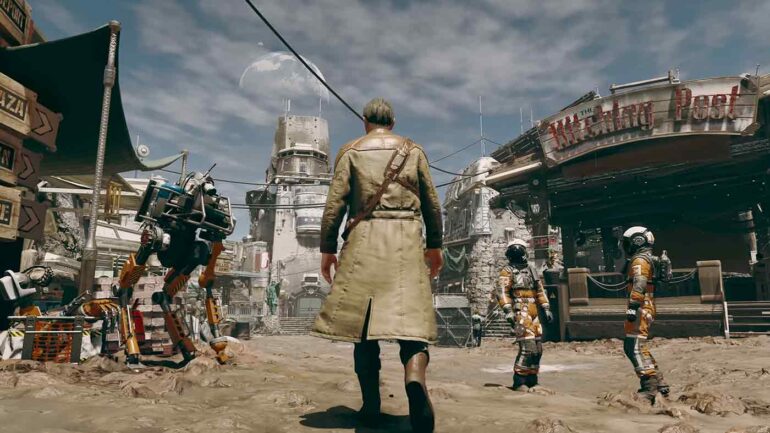I have a confession – I’ve restarted Starfield four times already to redo my character creation because I’ve found myself unhappy with some aspect of their background and personality. One of the most agonising decisions has been which traits to bless them with at the outset, and I imagine the same goes for most people firing up the game for the first (or fourth) time. The game already does an okay job of explaining what each trait does as you pore over them in the character creator, but a little extra help can’t hurt, right?
And look, the title of this little guide is perhaps a touch deceiving as we’re not actually going to tell you which of the game’s traits you should choose. That’s on you! Hopefully though, after you read our descriptions of each trait below and how they work in practice you’ll be able to make a more informed decision:
Every Trait In Starfield
Alien DNA
The Good: You’ll start with greater maximum health and oxygen.
The Bad: Healing and food items aren’t as effective.
The Alien DNA trait is useful if you want to go in early with a tank-ish build, but keep in mind that the health and O2 gains don’t scale with your level, so the benefits won’t last long. You can always remove it later by visiting a city doctor and paying them to un-Alien your DNA, somehow.
Dream Home
The Good: You get a house! Which is more than I can say in real life. It’s luxurious and customisable, too.
The Bad: Mortgage. It’s 125,000 credits to pay out your house, and until you do you’ll owe 500 credits a week in interest, which is a little too realistic for my liking.
If 500 credits a week plus 125,000 down to clear your debt sounds like too much for you, you can have the folks at Galbank foreclose on the house, which is a bit sad. Conversely, there are other houses you can buy in Starfield if you’d prefer to wait until you’re financially ready to own property in space.
Empath
The Good: An increase in “combat effectiveness” if you’ve recently made your companion/s happy
The Bad: A decrease in “combat effectiveness” if you’ve recently made your companion/s unhappy
This one’s a no-brainer if you’re a serial people pleaser like I am. I doubt you’ll ever feel a drastic impact in combat if you accidentally piss off your mates, but the potential for an added buff just for having social anxiety is cool in my eyes. You can always get rid of this trait later by having a doctor remove… your empathy, I guess?
Extrovert
The Good: You consume less oxygen when you’re travelling with human companions.
The Bad: You use more oxygen when you’re out there on your own.
Let your chums literally gas you up! This trait is great if you’re already planning on always having your crew close by. Naturally you can’t have this and the introvert trait, not because people can’t be both but just because the effects would cancel each other out. A guy named Andy at the Church of the Enlightened in New Atlantis can solve your extroversion, if you feel it becoming an issue.
Freestar Collective Settler
The Good: You’ll be friendly with the Freestar Collective, opening up more dialogue options and better faction-related mission rewards.
The Bad: Other factions won’t like you as much, making crime bounties towards them higher.
Freestar and the United Colonies have beef, so you can have traits siding you predominantly with one or the other, if you want. The mayor in Akila City can help you uncouple from the FC if you find you’re not vibing with them any longer.
Hero Worshipped
The Good: A new crew member and the occasional gift.
The Bad: The new crew member is the Adoring Fan and the gifts are from the Adoring Fan.
Remember this punk? You can choose to mar your entire Starfield experience by having this guy hang around far too much, singing your praises and (I assume) sniffing your bed sheets when you’re not on your ship. You can get rid of him, either by convincing him to leave you alone, telling him you’re chill but don’t want him on your ship any more, or threatening to kill him (and then following through). None of those three options feel particularly nice though, so it’s probably better to just not pick this trait.
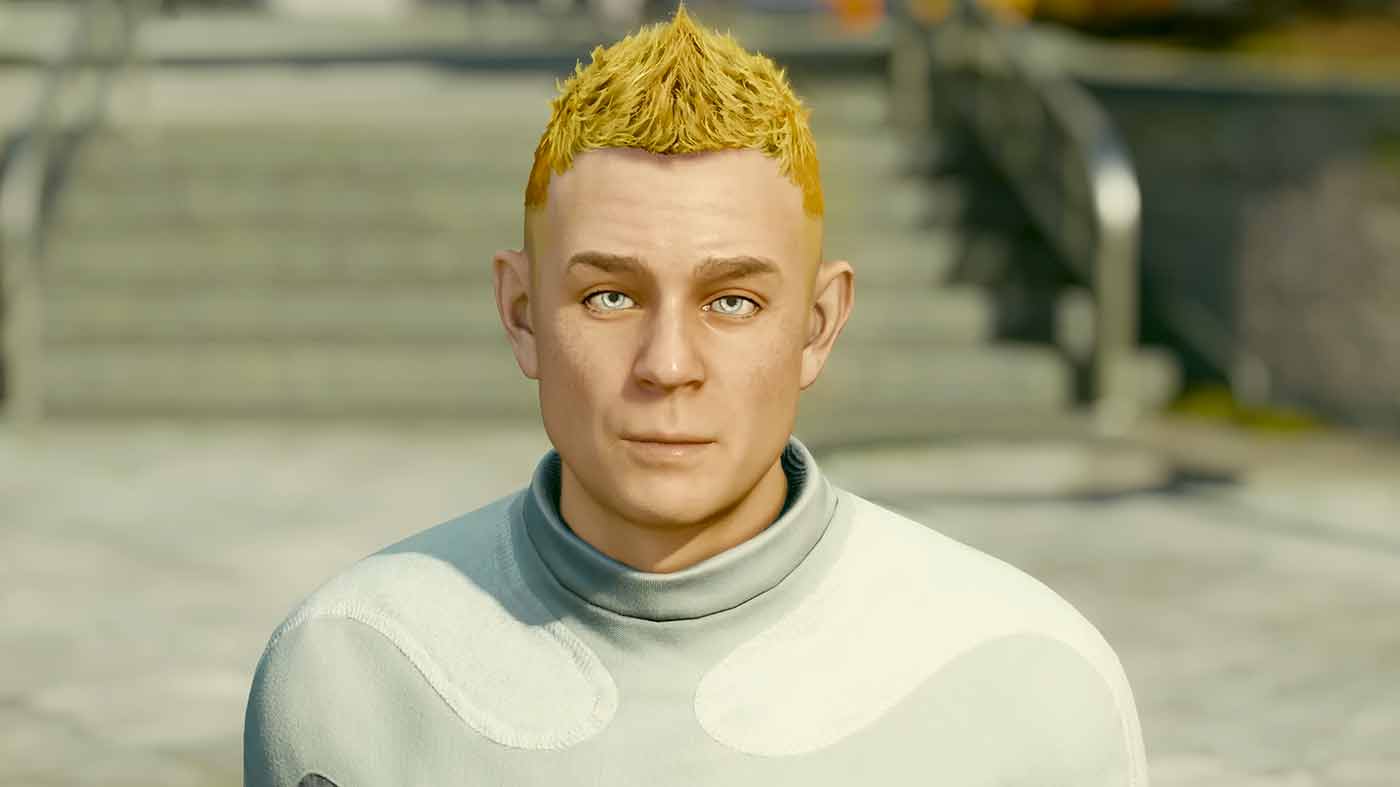
Introvert
The Good: You consume less oxygen when you’re travelling solo.
The Bad: You use more oxygen when you’re out there with others.
More of a lone wolf? This trait is for you. Naturally you can’t have this and the extrovert trait, not because people can’t be both but just because the effects would cancel each other out. A guy named Andy at the Church of the Enlightened in New Atlantis can solve your extroversion, if you feel it becoming an issue.
Kid Stuff
The Good: You have parents.
The Bad: They expect a 2% cut of all of your earnings.
I’m not expert on having parents, but I’m not sure if sending them money every week is how the dynamic is supposed to work. It’s not a huge amount of money, and you get to visit them in New Atlantis whenever you want, and there are even some unique quests tied to not being an orphan. If you decide you can’t afford to keep supporting their lavish (probably ethically non-monogamous) lifestyle you can tighten the nylon purse strings and tell them to move somewhere more a bit more basic.
Neon Street Rat
The Good: You’ll be friendly with the folks of Neon, opening up more dialogue options and better mission rewards related to the city and Ryujin Industries which it’s home to.
The Bad: Other factions won’t like you as much, making crime bounties towards them higher.
Just like the other faction traits, this one’ll align you with one group over the others – in this case it’s seemingly a general affinity with the city of Neon. You can talk to the bartender at Madam Sauvage in Neon to talk your way out of being pals with the general populace, if you need.
Raised Enlightened
The Good: The folks from the House of the Enlightened will give you a care package of special gear.
The Bad: You won’t get presents from the other organised religions, unsurprisingly.
You can align yourself with one of three major religions in Starfield via traits, but unlike the faction-adjacent ones you’re not necessarily going to earn the ire of the groups you don’t pick, you just won’t be showered with gifts. You can renounce your religion by talking to Andy at the Church of the Enlightened in New Atlantis and let them know you’re no longer a believer, and keep your goodies.
Raised Universal
The Good: The folks from Sanctum Universum will give you a care package of special gear.
The Bad: You won’t get presents from the other organised religions.
Just like the above, you’re free to align with whatever religion you want by way of traits, just not multiple. You can totally consider yourself raised in the light of Sanctum Universum for the purposes of getting a chest full of freebies, then chat to Mir’za in the New Atlantic UC Security Office to cast off your faith.
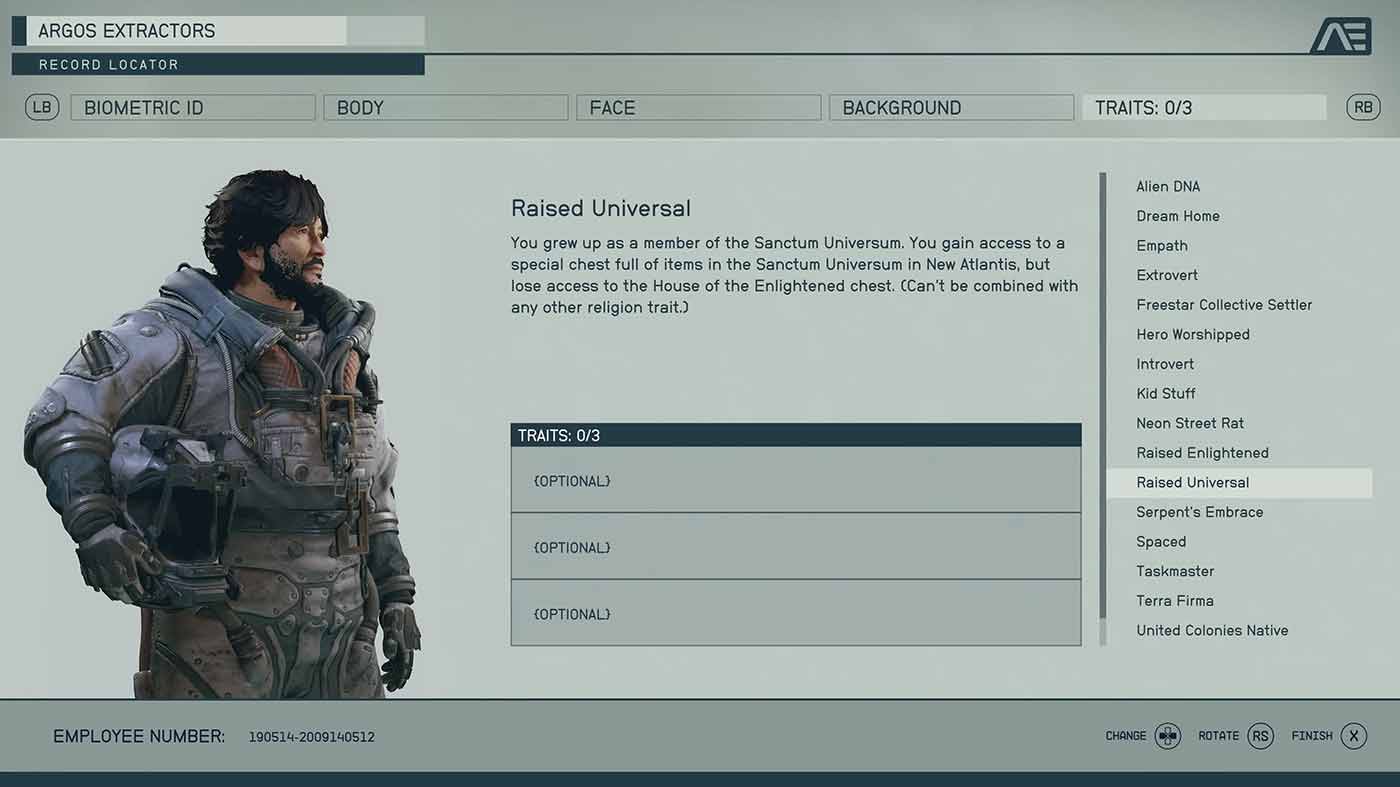
Serpent’s Embrace
The Good: Grav jumping temporarily boosts your health and oxygen.
The Bad: Your health and oxygen will be lower if it’s been a while since your last grav jump.
Unlike the other faith-based traits, this one actually has a gameplay effect. The followers of The Great Serpent are all about moving through the universe and spreading their shadowy teachings, so the more you warp between different star systems the more you’ll retain you buff to health and O2. If you stay put in one system too long, you’ll become less healthy and shorter-of-breath, which sounds very problematic.
Spaced
The Good: You’ll have more health and oxygen in space.
The Bad: You’ll have less health and oxygen on planet surfaces.
I mean, aren’t we technically all, always in space? That aside, this will mainly be useful when you’re making your way through large space ships and stations, and prove troublesome when you’re traipsing around on-planet settlements or desolate moons, so it’s a risky one to take on. You can have your affinity for outer space surgically removed by a city doctor, if you desire.
Taskmaster
The Good: Your crew will sometimes decide to repair a damaged part of your ship for free.
The Bad: Everyone costs twice as much to hire.
This trait seems kinda useful at first, but once you realise that for it to work your crew members have to already know how to repair a particular ship system, the damage has to be greater than 50%, and even then it’s still random chance whether or not they’ll do it, it’s just not as compelling. Not for double their wages. Don’t they know how much inflation is hurting their employers?
Terra Firma
The Good: You’ll have more health and oxygen on planets and moons.
The Bad: You’ll have less health and oxygen in space.
The polar opposite of the Spaced trait, and naturally incompatible with it. Like that one, the trade off of having more health and O2 when on a planet or moon is that you’ll be weakened in space, which is where you’ll be in a lot of later-game missions so it could make for a bit of a steep difficulty curve down the track.
United Colonies Native
The Good: You’ll be friendly with the United Colonies faction, opening up more dialogue options and better faction-related mission rewards.
The Bad: Other factions won’t like you as much, making crime bounties towards them higher.
Another one of these, this time aligning with the United Colonies, who are a military-heavy faction. Pick this if it’ll help you feel a little more supported by all that muscle and you’re okay with perpetuating the military machine. If you have a change of conscience you can hit up Rookes in the Colonies’ HR office in New Atlantis.
Wanted
The Good: You deal more damage when your health is low.
The Bad: Bounty hunters want to kill you and will randomly show up to do so.
I like this trait. It makes you stronger when you’re at your weakest, and you’ll never go long without making a new friend! You can track down a bounty hunter in New Atlantis and pay 3000 credits to have your bounty removed, implying the price on your head is a measly 3000 credits, which I find offensive.
